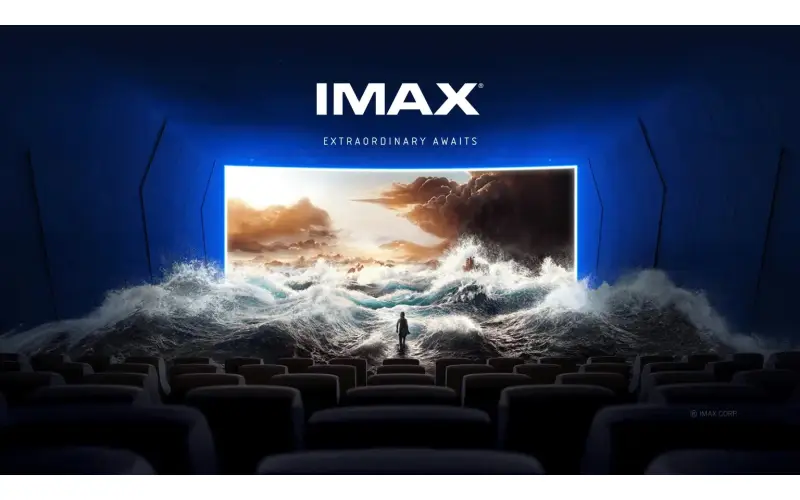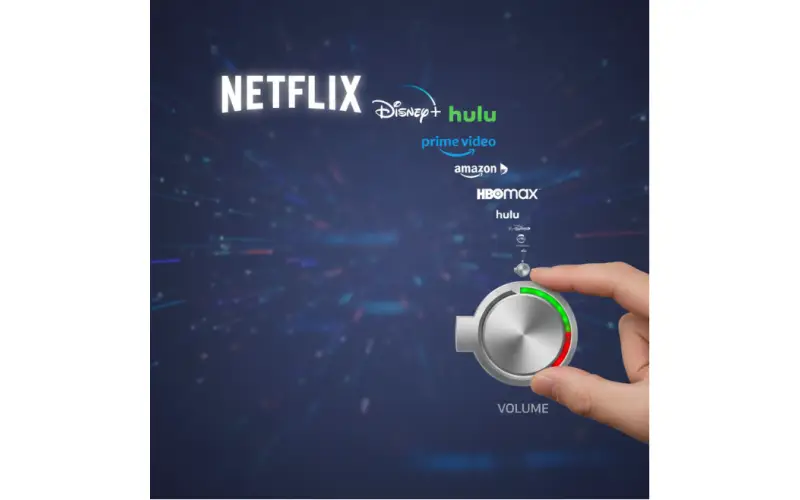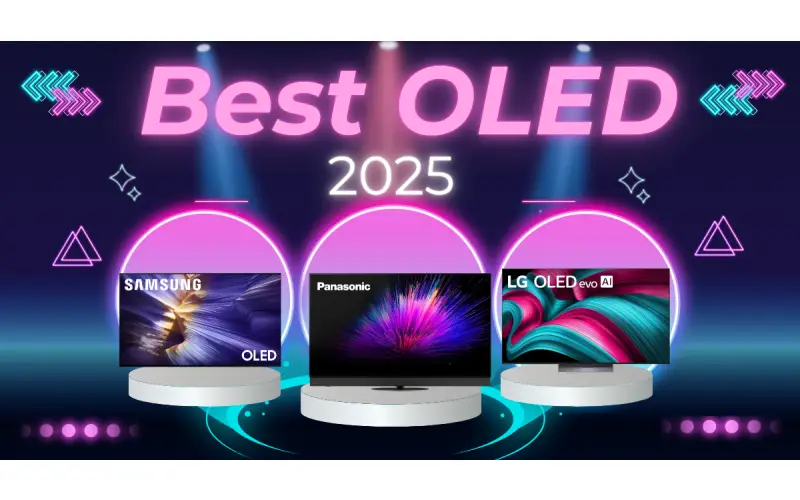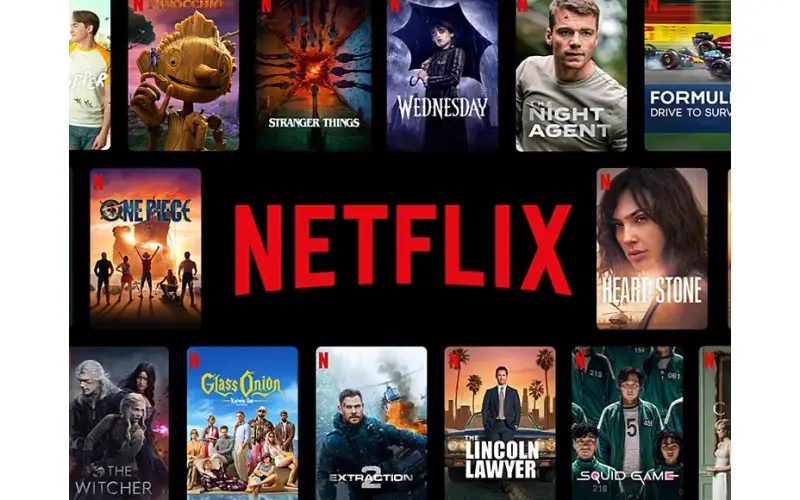By: Dipin Sehdev
In the realm of premium large-format (PLF) cinema, certain names dominate the conversation. IMAX has built its reputation over decades, and THX certification has been a gold standard for audio-visual performance since the 1980s. Against this backdrop, Vue International is introducing its own homegrown contender — EPIC by Vue — which aims to deliver cutting-edge projection, immersive audio, and a consistent viewing experience across its European portfolio.
EPIC launches with high aspirations, but the reality is that it enters a market where technology standards are already well-defined, competition is entrenched, and adoption will be measured not in marketing buzz but in how often audiences choose it over established formats.
A Premium Screen for Vue’s Flagship
When Vue acquired the Nottingham cinema complex, its largest auditorium became the testbed for the new EPIC format. Rather than retrofit the space for IMAX — a move many might have expected — Vue opted to showcase its own PLF brand, pairing HDR by Barco projection with Dolby Atmos sound.
Vue CEO Tim Richards, who has led the company for over two decades, sees EPIC as both a technological step forward and a statement of intent. “We wanted the very, very, very best available there was: full stop,” Richards said after the Nottingham installation.
That “best” includes Barco’s Lightsteering HDR projection, a laser-based system designed for exceptional brightness, contrast, and color volume. While Barco’s HDR tech has only recently debuted in commercial cinemas (it was first shown at CinemaCon 2024), Dolby Atmos is already widely recognized as one of the most advanced theatrical audio systems.
Yet as promising as the specs are, the road to becoming a widely recognized PLF brand is steep. IMAX has more than 200 screens in Europe alone, Dolby Cinema enjoys strong partnerships with major chains, and THX certification remains a known consumer marker for quality. Vue is betting that EPIC’s mix of technology, design consistency, and in-house control can give it a foothold.
Vue’s History with Cinema Technology
Vue has long presented itself as an innovator in presentation technology. In 2012, it launched VueXtreme screens, and in 2017 it upgraded its flagship London Leicester Square site with Sony 4K digital projection — a premium offering at the time.
Beyond projection, Vue has experimented with operational tech, including AI-driven film scheduling to cater to diverse audiences and self-service concession systems that reduce queues and allow more customized food and beverage choices. Richards even hinted at exploring “Amazon Fresh-style” facial recognition checkouts in the future.
However, Richards acknowledges that in recent years, the company’s expansion across Europe took priority over maintaining a leading edge in PLF. “We took our foot off the gas a little bit on the Xtreme screens — and we shouldn’t have done that,” he said. EPIC is Vue’s attempt to correct course.
Technology Competition: HDR by Barco vs. the IMAX Model
Richards is candid in his assessment of the current PLF landscape. While he admires IMAX’s history — he grew up in Toronto with IMAX screenings — he argues that the company’s technology has stagnated. Many IMAX locations still use older lamp-based Xenon projectors, which can’t match the brightness and contrast of modern laser systems, and IMAX has yet to roll out an HDR-capable projector.
By contrast, HDR by Barco offers high dynamic range with laser illumination, and Dolby Atmos provides object-based surround sound capable of highly precise spatial effects. Richards believes this pairing offers a clear performance advantage.
But technology alone doesn’t guarantee adoption. THX certification, for example, remains a gold standard precisely because it has decades of consistent application, clear quality benchmarks, and widespread industry buy-in. For EPIC to compete seriously, Vue must ensure both consistency and visibility — audiences must know what EPIC means, and filmmakers must trust that their work will be presented to a high standard.
The Streaming Tension
One of the most notable flashpoints in Richards’ comments concerned IMAX’s business approach with streaming platforms. In early 2025, IMAX struck a deal with Netflix to give Greta Gerwig’s Narnia adaptation a two-week IMAX-exclusive theatrical window before it went to streaming. For Vue and other cinema operators, the exclusivity arrangement raised concerns about reduced revenue opportunities on non-IMAX screens and the precedent it might set.
Richards was blunt: “IMAX represents less than one per cent of screens worldwide, and there's the 99% which drives the theatrical business.” He worried that such deals, especially with streaming services reluctant to embrace robust theatrical windows, work against the interests of cinemas.
While this critique is pointed, it also underscores Vue’s positioning of EPIC as a format for all films, without restrictive content deals. Richards envisions Downton Abbey playing on an EPIC screen just as naturally as a Marvel tentpole.
An Aggressive Rollout Plan
Vue intends to expand EPIC quickly. The company has committed to a minimum of 11 EPIC screens in the UK, Italy, and the Netherlands by the end of this year, with at least 50 across Europe by 2027. The format will be available in Vue’s markets in Germany, Denmark, Poland, Lithuania, and Latvia as well.
Interestingly, smaller exhibitors have already approached Vue about licensing EPIC for their own locations. Richards says the company is only considering the idea, but the comparison to Starbucks inside bookstores hints at the potential for EPIC to extend beyond Vue’s direct control — something few PLF formats outside IMAX have managed successfully.
The THX Factor
While Vue’s EPIC technology stack is impressive, it’s worth noting that THX has been certifying theaters for decades, ensuring they meet stringent audio and visual performance standards. THX-certified cinemas aren’t tied to a single projection or sound manufacturer, but they do offer a quality benchmark that audiences can trust.
This is where EPIC faces its most immediate challenge. Unlike THX, EPIC is tied to specific hardware partners — Barco for projection, Dolby for sound — and operates as a proprietary Vue brand. That gives Vue control, but it also means the format must prove itself to audiences who already recognize and trust other marks of quality.
Democratizing Premium Cinema
Richards stresses that EPIC isn’t meant to be reserved for blockbuster action films. “You don’t need a Marvel or a DC film to do that,” he says. He envisions historical dramas and character-driven pieces benefiting equally from immersive sound and high-contrast visuals.
That democratization of PLF could be a competitive advantage if Vue can execute it consistently. In a market where PLF tickets often command a premium, offering a broader range of titles might encourage more frequent attendance.
The Real Test: Filmmaker and Audience Buy-In
For any premium format, two groups must be convinced: filmmakers and audiences. IMAX has cultivated strong relationships with directors like Christopher Nolan, Denis Villeneuve, and James Cameron, who often shoot with IMAX cameras and advocate for the format. Dolby Cinema has positioned itself as the choice for HDR image quality. THX remains synonymous with calibrated excellence.
EPIC will need champions in the creative community, and it will need audiences to recognize its name as shorthand for a premium experience. That won’t happen overnight, no matter how ambitious the rollout.
Looking Ahead
Richards is optimistic about the timing. With Wicked and Avatar sequels arriving in late 2025, Vue hopes to have a critical mass of EPIC screens ready. “The watershed moment will be Wicked and then Avatar, and then 2026 is going to be an extraordinary year,” Richards says.
Still, premium cinema is a space where perception is shaped by long-standing reputations. EPIC may offer some of the most advanced projection and audio hardware on the market today, but technology is only part of the equation. Adoption, filmmaker trust, and consumer recognition will determine whether it becomes a peer to IMAX, Dolby Cinema, and THX — or remains primarily a Vue-specific differentiator.
For now, EPIC is an intriguing entrant. It’s exciting to see more competition in PLF, especially one that pairs cutting-edge projection with immersive audio, but as with any new format, the proof will come not in the marketing materials but in the long-term audience response.





